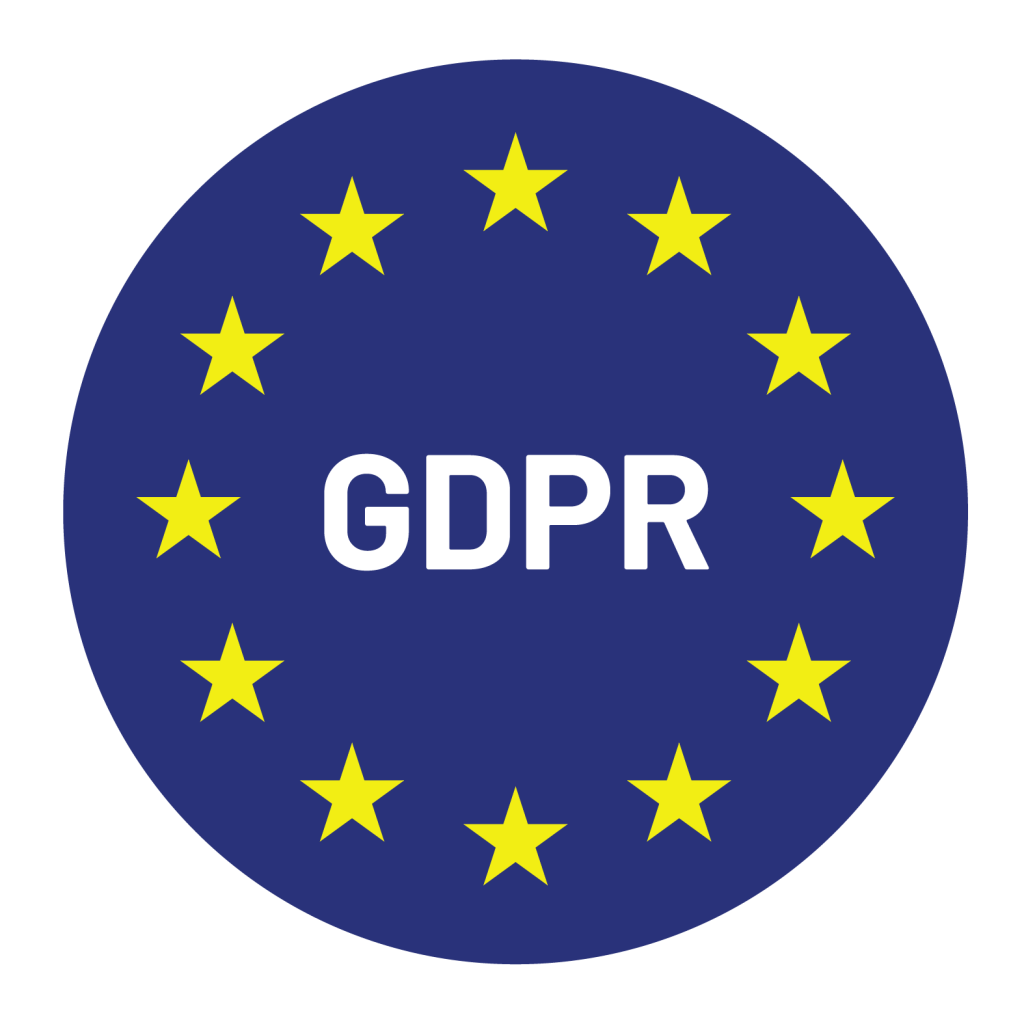General Data Protection Regulation (GDPR)
We help businesses fulfill GDPR requirements and empower a sustainable commitment to continuous compliance.
GDPR Compliance
The GDPR applies to any organization that processes the personal data of EU/UK citizens, regardless of where the organization is located. This means that even if your organization is based outside of the EU/UK, you will still need to comply with the GDPR if you process the personal data of EU/UK citizens.
Non-compliant businesses are liable to pay hefty penalties and can also be temporarily or definitively banned. Let the professionals at BizCom Global get your business compliant. We’ll help you build customer consent and controls into every step of your customer experience.

Obligations Under GDPR
The EU is ever changing entity. It’s up to each business or organization to stay up with the latest compliance changes. You must be compliant if –
- Your company processes personal data as part of the activities of one of its branches established in the EU, regardless of where the data is processed.
- You are a business established outside the EU offering goods/services (paid or for free) or monitoring the behavior of individuals in the EU.
We'll provide the 7 Principles of GDPR -
- Lawfulness, Fairness, and Transparency – process data legally, inform individuals, and align with legal bases.
- Purpose Limitation – collect data for specific, legitimate purposes; avoid incompatible processing.
- Data Minimization – collect only necessary data; avoid excess or irrelevant information.
- Accuracy – keep data accurate and up to date; rectify or erase inaccuracies promptly.
- Storage Limitation – retain data for relevant periods; delete when no longer needed.
- Integrity and Confidentiality – ensure data security against unauthorized processing or loss.
- Accountability – organizations must comply, maintain records, conduct assess.
Get GDPR Compliant Today!


